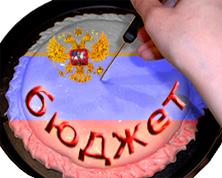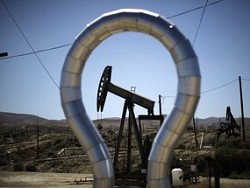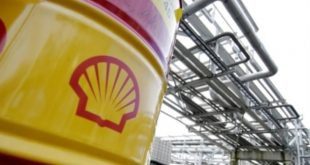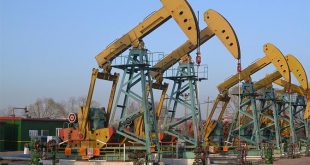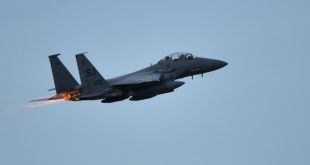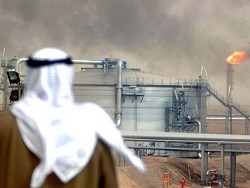
The economy of Saudi Arabia stabiliziruemost, after the government has implemented key reforms to overcome the financial and economic crisis due to falling oil prices.
Over the past two years, Saudi Arabia has reduced energy subsidies, public spending and started to look for new ways to increase revenue outside the oil sector.
According to IMF forecasts, the budget deficit in Saudi Arabia will fall from 13% of GDP in 2016 to 9.6% in 2017. This is a significant improvement, especially compared with the figure at 16% last year.
“Adjustment of the budget is in full swing, the government is very serious about the performance of the financial regulation, – said the head of the IMF mission Tim Cullen. We are pleased with the progress that has been made”.
Although Saudi Arabia is facing a huge budget deficit, he now is not that critical. In countries without huge cash reserves, such a deficit would be a serious problem, but the Kingdom has hundreds of billions of dollars in reserves, giving him enough space to maneuver.
However, in the beginning of the year Moody’s downgraded the credit rating of Saudi Arabia due to the collapse in oil prices. In his view, the Kingdom is ill-prepared for future shocks.
The IMF do not pay attention to the static indicators of the budget deficit.
“We would be concerned if the budget deficit remained at the previous year’s level in the next couple of years, so that would have meant large requirements for budget financing”, – stated in the message of the IMF.
Now expected balancing of the budget by the end of the decade and a recovery in oil prices will quickly return to surplus.
But the problem is that the Saudi economy will grow by only 1.2% in 2016 And in the medium term it is expected a slight improvement to 2.25-2.5 per cent. This is clearly insufficient to absorb the growing number of unemployed youth.
If earlier this problem was solved by the creation of unnecessary jobs in the public sector, now the government cut spending. The private sector is not yet able to provide these people with work: its size is simply not enough.
Riyadh needs to spend billions on social spending in order to maintain social stability. The break-even point for Saudi Arabia to 2016 amounted to us $67 per barrel, this means that for a long time reserves of the Kingdom at current prices is simply not enough.
In addition, the risks of a repeat of the Arab spring of 2011, their implementation will make further increase social spending, and this will increase the burden on the budget.
The long-term prospects remain vague. Saudi Arabia is at an early stage of the economic transformation plan, which aims to diversify income and to reduce the role of the oil sector.
In the short term, it all comes down to the fight for market share, maintaining production at maximum levels and active ex

